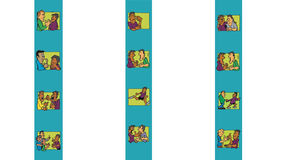
Detalles del juego
Si ha jugado este juego, por favor ayude a informar a otras personas haciendo una reseña.
No lo dude, comparta sus comentarios y ayude a otros a elegir los juegos correctos. Cuéntenos cómo fue y cómo reaccionaron los niños, ¿O tiene algún consejo para otros jugadores, una variación divertida, una posible mejora?
Inicie sesiónoregistropara agregar sus comentarios
![]()
Apreciamos mucho su esfuerzo por escribir la reseña.

Detalles del juego

Detalles del juego

Detalles del juego
Cookies guardadas